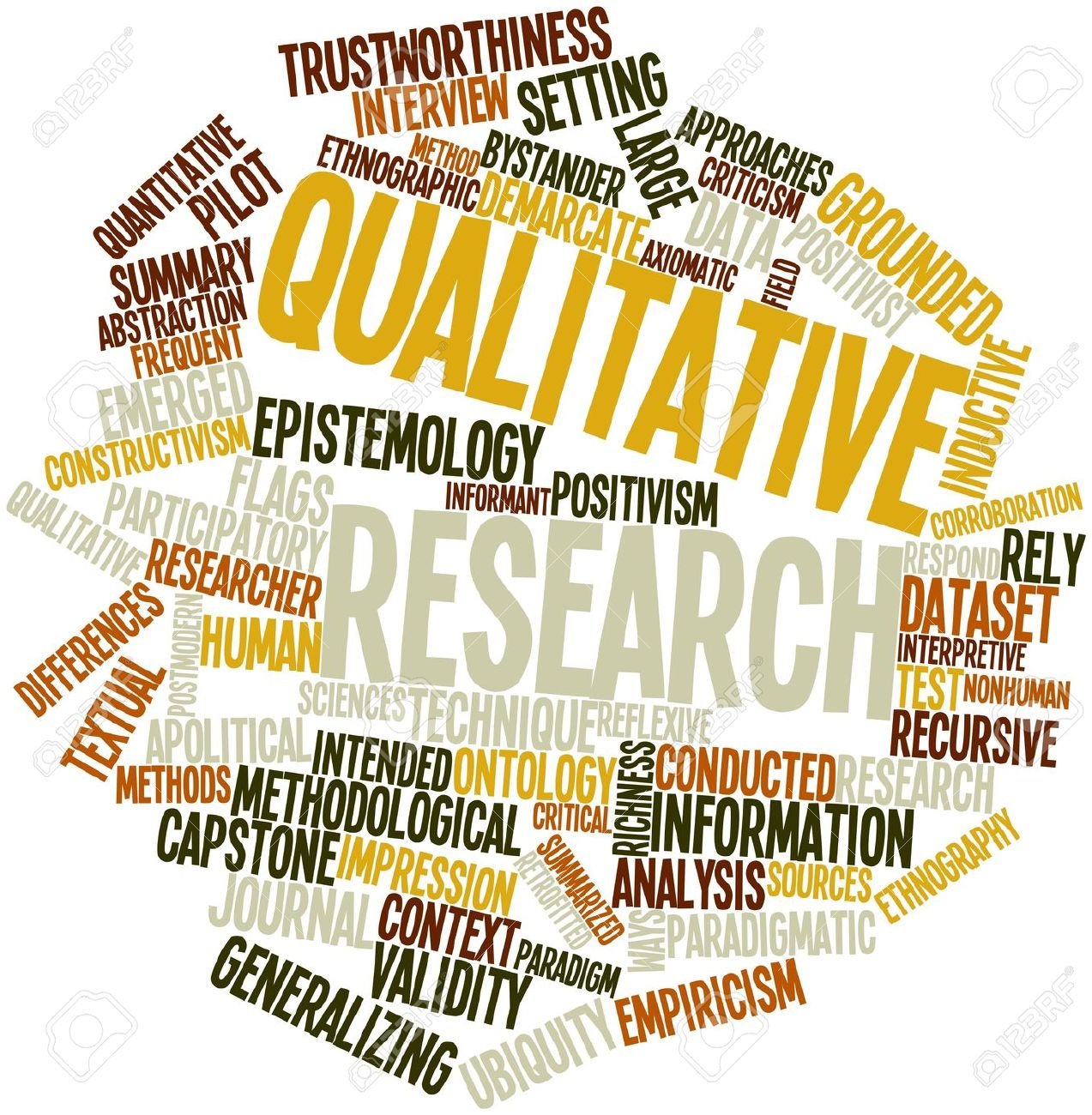Five principles to get undergraduates involved in real-world data science projects
As a D-Lab and Data Science Education Program Fellow at the University of California, Berkeley in Spring 2020, I helped to ensure and enhance the quality of more than 40 Data Science Discovery Projects, working with community partners and undergraduate research assistants. The goal of these projects was to connect undergraduates with community impact groups, entrepreneurship ventures, and educational initiatives across UC Berkeley and provide them with hands-on and team-based research opportunities outside the classroom.
Teaching Peacemakers
In June and July 2020 MethodSpace focused on research-oriented careers including career purpose and goals, skills, as well as expected and unexpected transitions. Surely we need people who understand the dynamics of making peace and negotiating across conflicts?
Inspiring wise action: Practices for storytellers of all kinds
Learn to communicate with stories with these tips from Lydia Hooper.
Summer Institutes in Computational Social Science launch online festival open to all
For the past few years in June, the Summer Institutes in Computational Social Science (SICSS) have seen students gather across the world at partner locations and in the designated primary location to begin a two-week program of collaboration, workshops, lectures, and participant-led research projects in computational social science (CSS). The strange times of COVID have somewhat altered these plans with some partner locations postponing until 2021 and some opting to move online. Whether virtual or postponed the fourth iteration of SICSS set a new record for partner locations—a total of 22 locations signed up to take part. Founders Matt Salganik and Chris Bail, allow participants to only attend once but as attendance has grown so have graduates returning to their institutions and setting up new partner locations.
In a pandemic, what use is Google?
This blog by Sam Gilbert explains how internet search data is being used in responses to the Covid-19 pandemic, and what search datasets and tools are available to researchers.
Adapting your qualitative methods course for online learning
There’s a lot of uncertainty about how higher education will be taught in the age of COVID-19. How should professors and instructors of qualitative methods courses re-think their curriculums for online classrooms or cohorts? How can students conduct observations if they’re sheltered at home? How will students work in teams to analyze data if they’re distributed across the world? Here are some tips for alternative data collection methods, and collaborative tools for remote analysis.
Moving your behavioral research online
COVID-19 has affected research all over the world. With universities closing their campuses and governments issuing restrictions on social gatherings, behavioral research in the lab has ground to a halt. This situation is urgent. Ongoing studies have been disrupted and upcoming studies cannot begin until they are adapted to the new reality. At Volunteer Science, we’re helping researchers around the world navigate these changes. In this post, I’ll condense the most important recommendations we’re giving to researchers for translating their studies into an online format and recruiting virtual participants.
Multimodal and Visual Methods: A Research Conversation
Multimodal qualitative research can make use of visual data beyond simple data visualization.
Interdisciplinary Collage: Interview with Dr. Suzanne Culshaw
Collage as an interdisciplinary way of making research + art : a methods discussion with Suzanne Culshaw.
Structures, Positions & Tech Choices in Online Interviews
Answers to your questions about the researcher's position vis a vis the study.
Collaboration in Difficult Times
Collaboration is essential to the work of academic researchers and writers. Learn more from this selection of presentations.
How will COVID-19 impact student research projects?
Around the world, higher education faculty and students have been grappling with the mammoth task of flipping from face-to-face teaching to online learning, practically overnight. As teaching faculty scramble to figure out how to use Zoom for online learning and the debate continues as to whether universities should cancel exams or switch to home-based open book or open Google exams, it’s becoming clear that the impact of COVID-19 on academic research could be just as profound as the impact on teaching. In-person lab experiments, face-to-face interviews, focus groups, fieldwork and other data collection may be impossible for much of 2020. Where possible, researchers will switch modes from face-to-face to virtual or telephone data collection, and where that’s not possible or desirable for practical or methodological reasons, university research offices and funders are issuing guidance for academics who need to delay their data collection or fieldwork.
Introducing the SAGE Ocean Fellowship: Apply now
Our product development team at SAGE Ocean is excited to present a new opportunity: we are seeking a SAGE Ocean Fellow, who will work with us to refine and test a new product for academics that apply automated text analysis techniques in their research.
New Resource: "Doing Fieldwork In A Pandemic"
Initiated by Deborah Lupton, this crowdsourced document provides necessary information and key resources for researchers struggling to conduct traditional face-to-face research under new circumstances. Check out: "Doing Fieldwork In A Pandemic."
Meet Dr. Deborah McGregor
Dr. McGregor was a panelist for the MethodSpace Live webinar on Indigenous and Intercultural Research: Issues, Ethics, and Methods.
Q & A with Dr. Bagale Chilisa, Part 3
Read part 3 of an interview with Dr. Bagale Chilisa about Indigenous methods.
Q & A with Dr. Bagele Chilisa, Part 2
Read part 2 of an interview with Dr. Bagale Chilisa.









